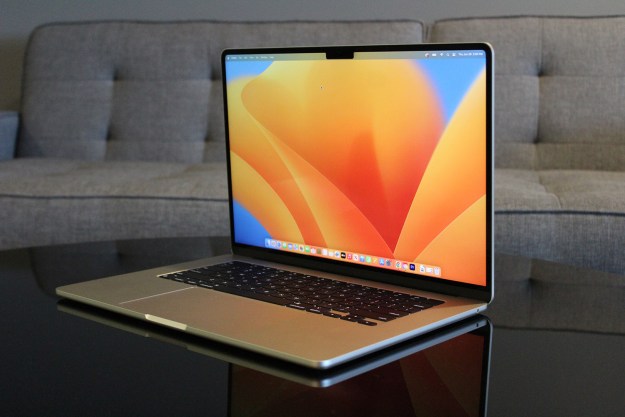
Microsoft is (by far) the dominant player in the computer operating systems market, but it’s always been a laggard in the computer security and antivirus arena. The company’s most recent foray into computer security—Windows Live OneCare—was greeted with little enthusiasm by the Windows security community—in fact, one antivirus evaluator decided to stop evaluating it altogether because it lagged so far behind the industry. Microsoft defended OneCare and continued its development, but the service failed to attract significant numbers of users and, eventually, Microsoft threw in the towel, announcing late last year it would stop selling OneCare subscriptions on June 30, 2009 and begin offering a free security and antivirus tool dubbed “Morro” around the same time.
Now, Microsoft is getting ready to start testing its free security and antimalware offering, and has given it a new name: Microsoft Security Essentials. According to industry reports, Microsoft is getting ready to launch a public beta of the service next week in several markets, including the United States.
Microsoft Security Essentials will offer some of the features offered in OneCare at no cost to users, with an emphasis on antivirus, antimalware, and PC security features. Live OneCare’s backup, maintenance, and performance-enhancing features will not be rolled forward into Microsoft Security Essentials.
The goal of the product is to ensure any Windows user can have at least some form of antivirus and antimalware protection, even if they do not want to subscribe to one of the more full-featured services offered by third parties. Microsoft Security Essentials may, therefore, help set a new lowest common denominator for Windows security if the service gains wide adoption: it wont’ be enough for attackers to find a hole in Windows itself, they’d also have to compromise Windows Security Essentials.
Industry watchers will no doubt be examining how Microsoft Security Essentials impacts Windows’ overall performance and usability, and keeping an eye on whether Microsoft uses it as a conduit to upsell users on other Microsoft products and services. Windows Live OneCare, in addition to failing to gain traction amongst users, was often critiqued for its invasive interface.
Editors' Recommendations
- The best free PC driver update tools everyone should have
- The best antivirus software for Chromebooks in 2024
- The best free antivirus software for 2024
- Norton Antivirus Free Trial: Get a week of protection
- Bing Chat just beat a security check to stop hackers and spammers


